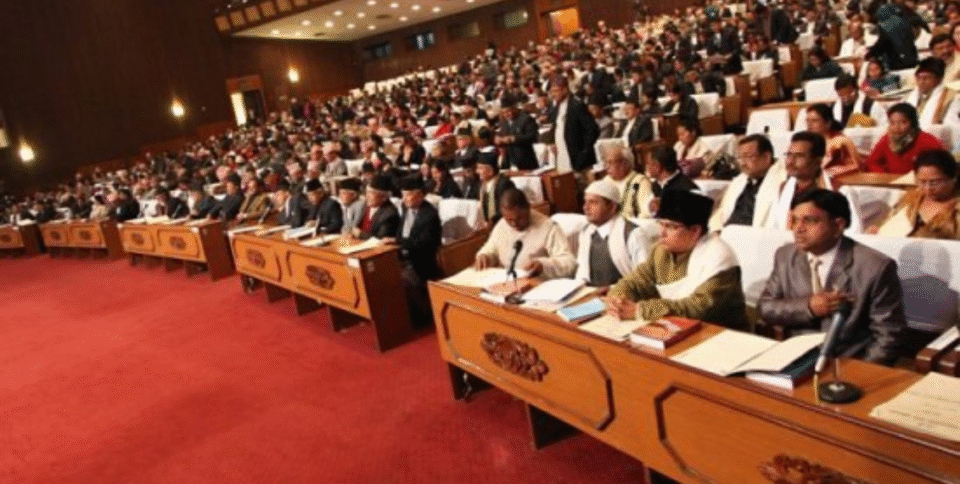Kathmandu, August 24 – Nepal’s proposed Draft Bill on Association and Organisation has sparked backlash from civil society, with the NGO Federation of Nepal strongly opposing the move, calling it restrictive and undemocratic.
The Ministry of Home Affairs, after years of study, drafted the bill to consolidate three existing laws — the National Directives Act (1961), the Association Registration Act (1977), and the Social Welfare Act (1992). The government says the new framework is intended to streamline regulations, but NGOs argue it undermines civil liberties.
The ministry has invited public suggestions before finalising the draft. However, the NGO Federation claims that despite being asked to nominate representatives, its members were excluded from the drafting process.
“There have been no consultations with stakeholders, including us, before finalising the draft,” said Arjun Bhattarai, Chair of the Federation. “The draft seeks to constrain democratic norms and values, constitutional rights and civil freedoms. This is unacceptable. The draft is even more regressive than laws from the Panchayat regime.”
The Federation acknowledged the need for a consolidated law but urged the government to withdraw the bill and begin afresh with broad-based consultations.
Complex Registration Rules Raise Alarm
A major point of contention is the bill’s proposed registration framework. Section 5 outlines multiple layers of registration depending on an organisation’s scope of work:
-
NGOs operating within one local unit must register locally.
-
Those active across several local units within a district must register at the district level.
-
Multi-district NGOs must register provincially.
-
Organisations operating in more than one province must register federally.
Any expansion of the working area would require re-registration, with changes effective only upon official approval.
“This adds unnecessary administrative hassles, forcing organisations into repeated government visits,” the Federation said in its statement.
Bhattarai warned the law could discourage community-based initiatives. “Local youth clubs, mothers’ groups, and forestry user committees are also NGOs. Instead of empowering them, this draft creates barriers,” he said.
Concerns Over Government Control
The Federation also criticised the proposed ten-member directive committee led by the Ministry of Women, Children, and Senior Citizens, which would have sweeping powers over NGO rules and operations. Notably, the draft does not reserve any seats for NGO representatives on this committee.
Bhattarai suggested reforms instead of restrictions. “Local governments should register and supervise community-based organisations. For groups receiving foreign funds, a one-door policy with an online system of disclosure would ensure transparency,” he said.
The NGO Federation has urged the Home Ministry to revise the draft into an association-friendly law that respects constitutional freedoms and creates an enabling environment for civil society.

